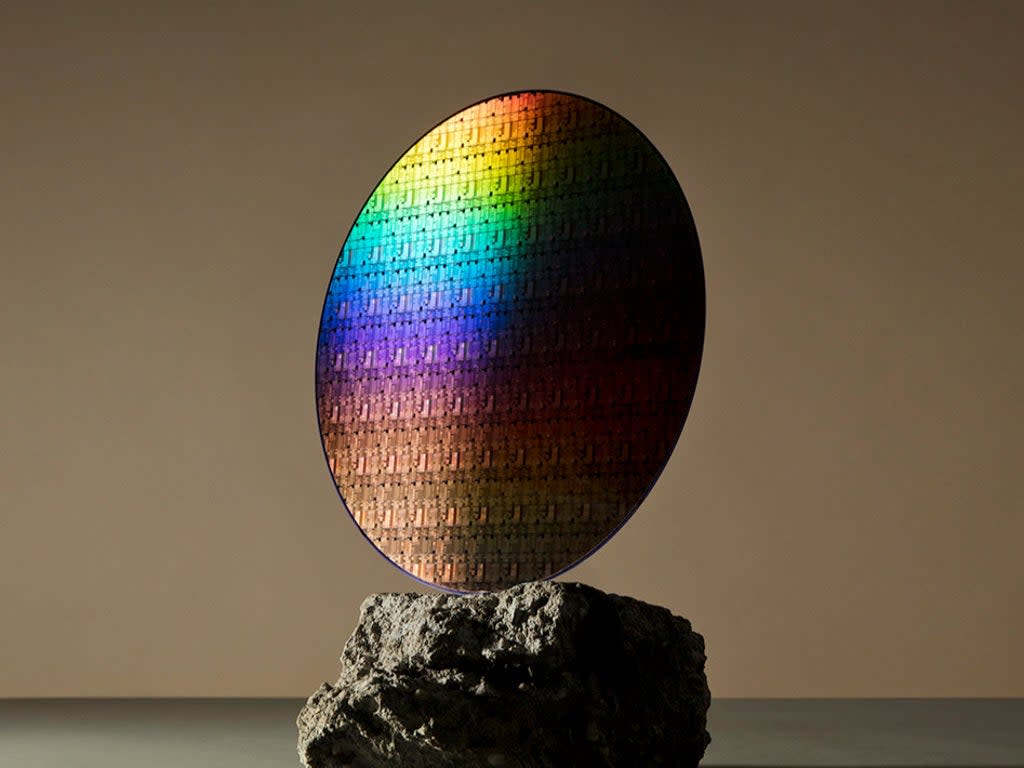Phone batteries could last a week with new chip, IBM and Samsung says

Samsung and IBM had claimed that their new semiconductor chip design could give smartphones a week-long battery life.
The new Vertical Transport Field Effect Transistors (VTFET) design will not yet be used in consumer chips, but the companies claim that they could offer “two times improvement in performance or an 85 percent reduction in energy use” compared to current designs.
This is because, for chip manufacturers, Moore’s Law remains a tough challenge. The law states that the number of transistors in a chip doubles every two years, and makers are quickly running out of space.
Transistors generally lie flat on the surface of the chip with the current flowering laterally, but with this new design the transistors can be arranged vertically – so electricity can flow up and down.
This extends the limits of Moore’s Law, as chip designers can put more transistors into a single space. It also allows for greater current flow, with less wasted energy.
Recently, IBM announced a two-nanometre chip that could fit 50 billion transistors into a space the size of a fingernail.
As well as revolutionising smartphone batteries, the chip could also reduce the carbon footprint of processes that take up huge amounts of energy such as crypto mining and data encryption.
Smart devices that need to run at low energies could also be served by this new chip, allowing them t operate in ocean buoys, autonomous vehicles, and spacecraft, IBM claims.
Currently, supplying any kind of chip has been a challenge for manufacturers. The chip shortage, caused by the coronavirus pandemic, has stopped the sale of PlayStation 5 and Xbox Series X consoles.
"Given the constraints the industry is currently facing along multiple fronts, IBM and Samsung are demonstrating our commitment to joint innovation in semiconductor design and a shared pursuit of what we call ‘hard tech’,” Dr. Mukesh Khare, IBM’s vice president of research, said.
Companies are waiting as long as 60 weeks for chips they had ordered to arrive – and it is not expected to get better. In October, Intel sayd it was in the “worst” of a crisis that will not be alleviated until 2023.
“We’re in the worst of it now, every quarter next year we’ll get incrementally better, but they’re not going to have supply-demand balance until 2023,” chief executive Pat Gelsinger said.
Read More
Some of the world’s biggest websites just broke

